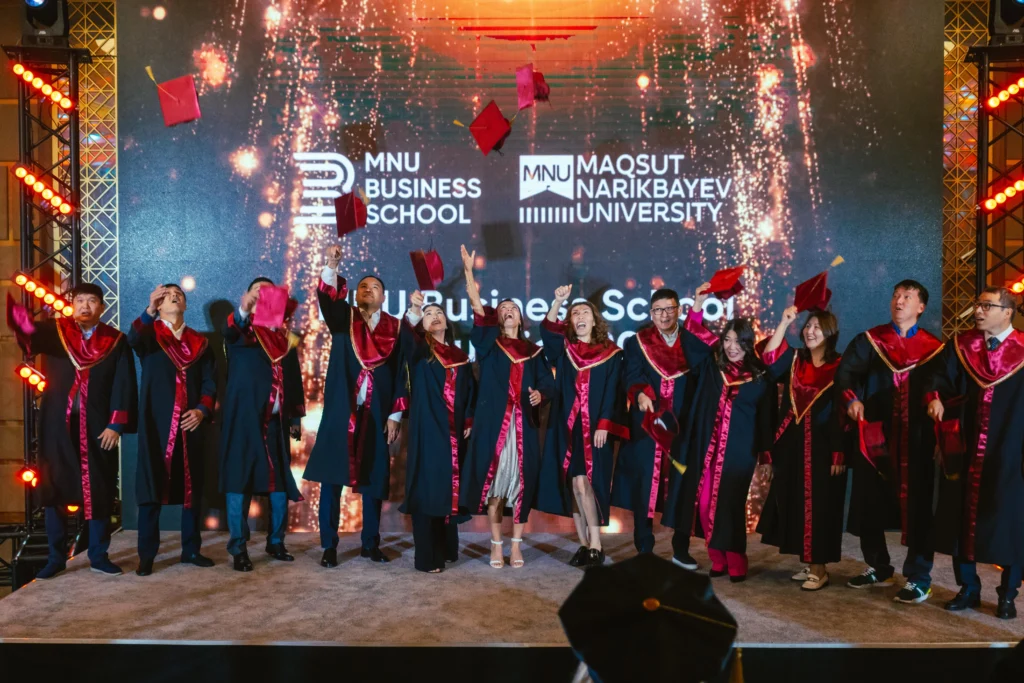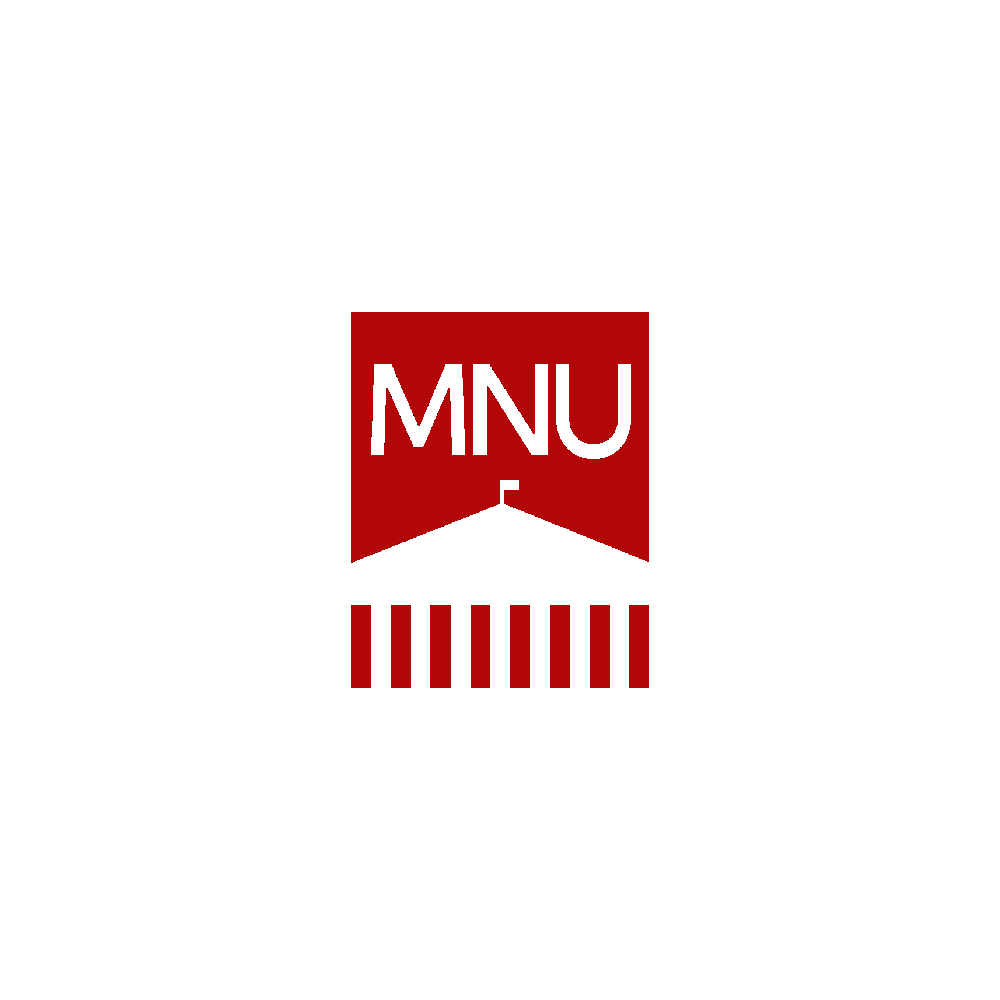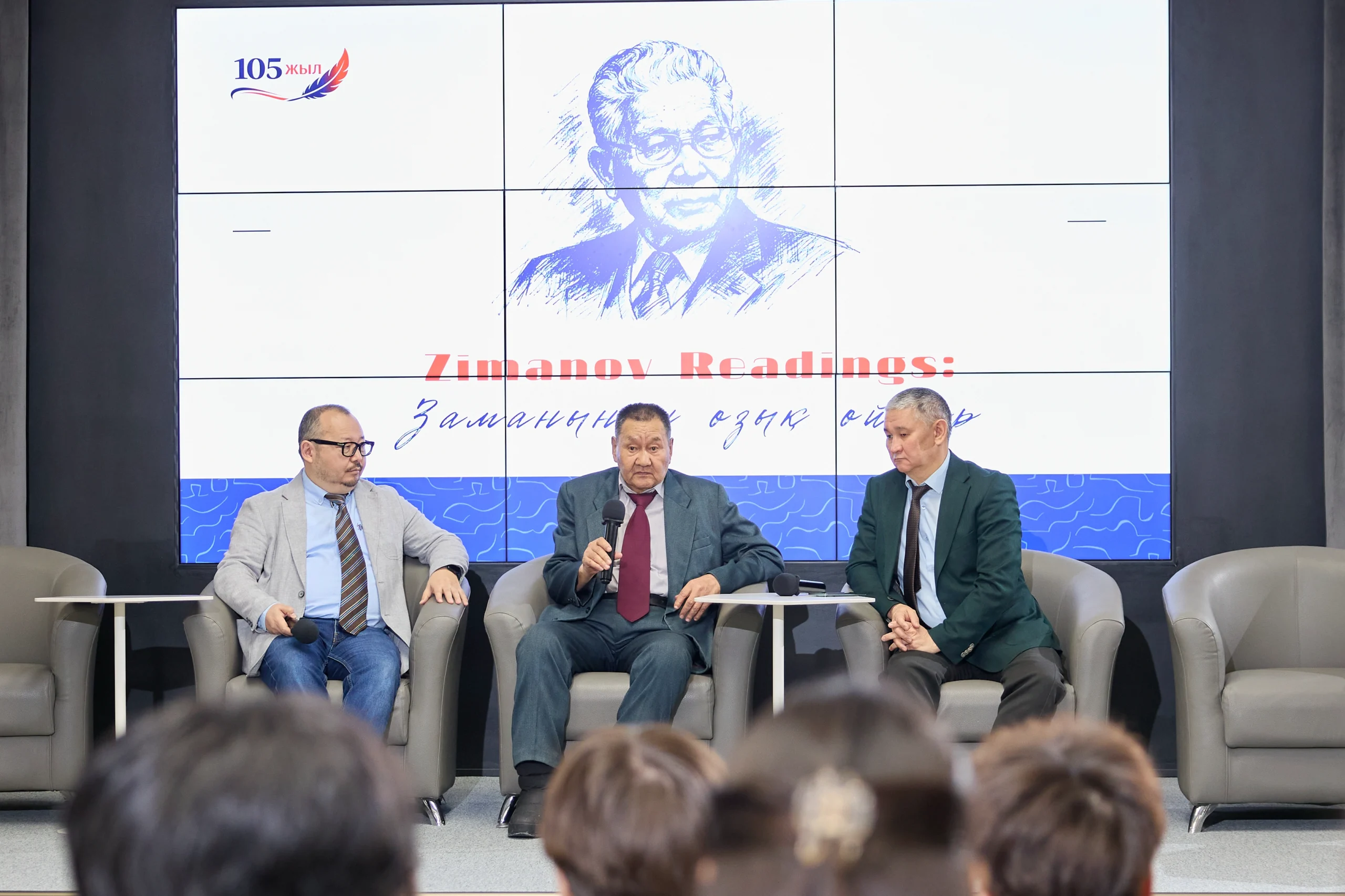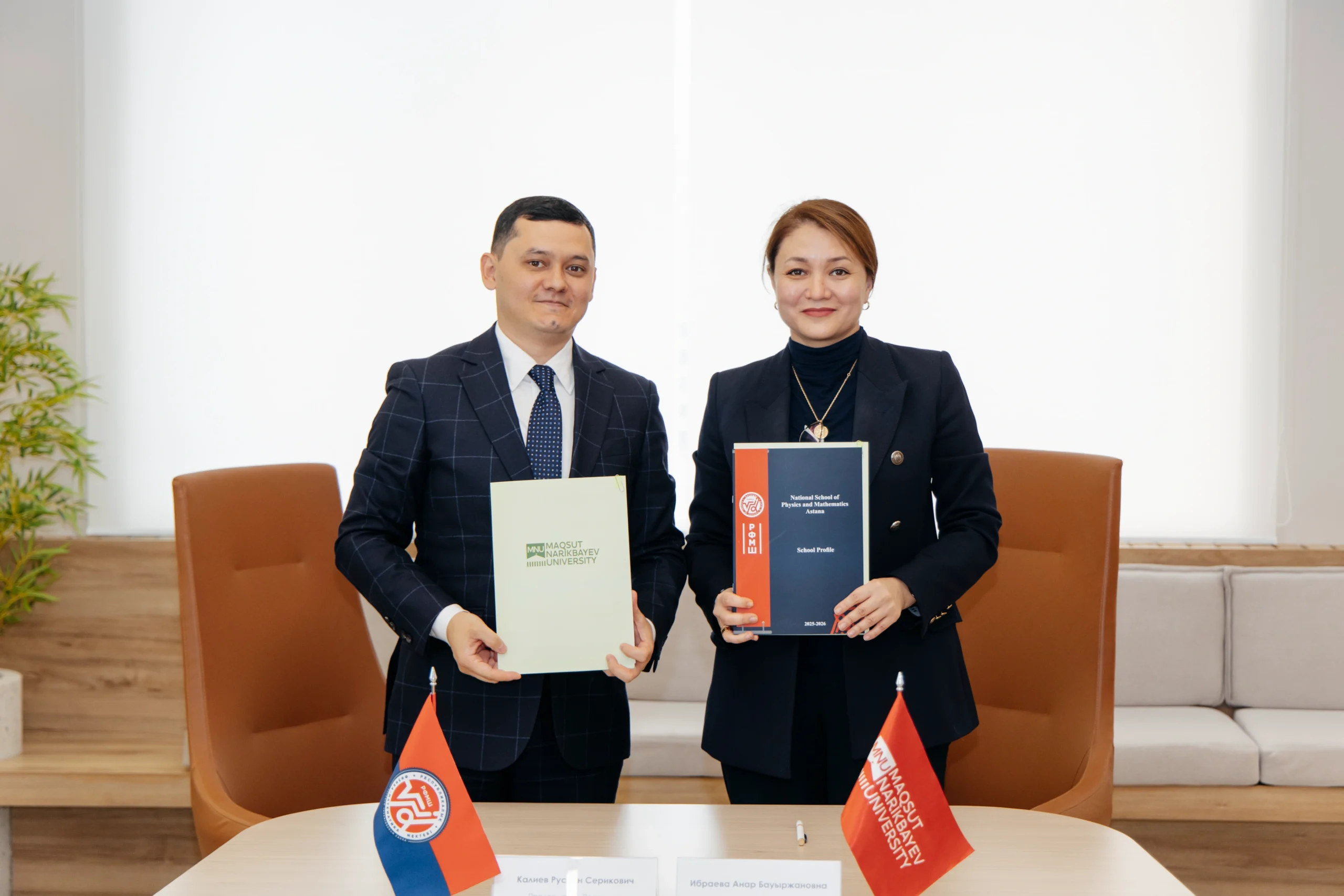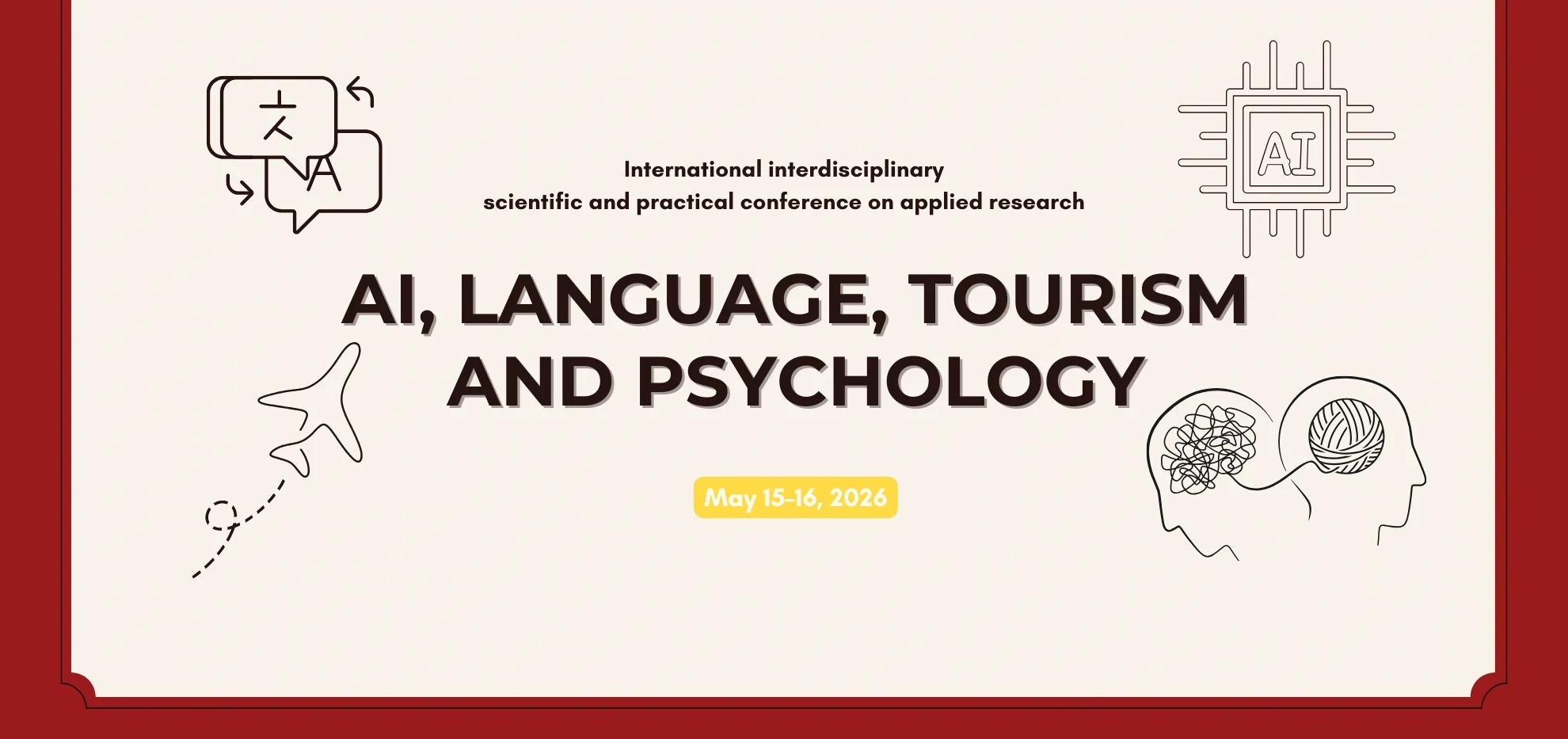MBA programmes are becoming increasingly popular in Kazakhstan, where senior and mid-level managers seek to enhance their professional competencies. Since 2009, Maqsut Narikbayev University (MNU) has successfully offered advanced Master’s and Doctor of Business Administration (DBA) programmes. Rafkhat Bozbaliyev, Director of the MNU Business School, shares insights into the teaching methodology, new academic initiatives, and the School’s future development plans in the field of business education in Kazakhstan.
– Mr Rafkhat, over nearly 16 years of operation, the Maqsut Narikbayev University Business School has established a solid presence in Kazakhstan’s business education market. In your view, what is the School’s main competitive advantage, and which accomplishments are you most proud of? What are its core strengths?
– The key advantage of the Maqsut Narikbayev University Business School lies in the seamless integration of international educational standards with a profound understanding of Kazakhstan’s specific socio-economic context. This approach enables us to effectively tailor global best practices to local business environments and market needs.
We are particularly proud of several significant achievements, foremost among them being the international accreditation of our MBA and DBA programmes by FIBAA. Notably, the MBA programme has received the prestigious FIBAA Premium Seal. This distinction is a testament to the high calibre of our education, confirming its alignment with rigorous international benchmarks and equipping our graduates with the confidence to compete successfully in global labour markets.
Our core strengths include close collaboration with the real economy, enabling us to promptly respond to market dynamics, and a highly qualified faculty composed of experts with substantial practical experience and international recognition. Additionally, our strong alumni network — comprising professionals excelling in diverse sectors — validates the practical relevance and efficacy of our academic offerings.
– This year, the MBA and DBA programmes of the Business School have once again received accreditation from the prestigious FIBAA international agency for an additional seven years. What does this accreditation signify for the stakeholders?
– This accreditation is a clear affirmation that our academic programmes meet the highest international quality standards. The award of the FIBAA Premium Seal for the MBA and the quality label for the DBA highlights that we not only satisfy fundamental quality requirements but also surpass many global criteria.
For stakeholders, particularly our students and graduates, this recognition carries substantial practical value. It guarantees that our programmes are grounded in globally accepted academic principles and employ cutting-edge educational technologies. Moreover, such accreditation enhances the prestige of our diplomas, offering graduates a significant competitive edge on the international stage. It also opens the door to a broad network of international professional connections, internship opportunities, exchange programmes, and facilitates further study or employment abroad. Thus, FIBAA accreditation not only validates the excellence of our educational standards but also provides tangible career and professional advancement opportunities for our students.
Thus, FIBAA accreditation not only confirms the high standards of education, but also provides our students and graduates with significant career and professional opportunities at the national and international levels.
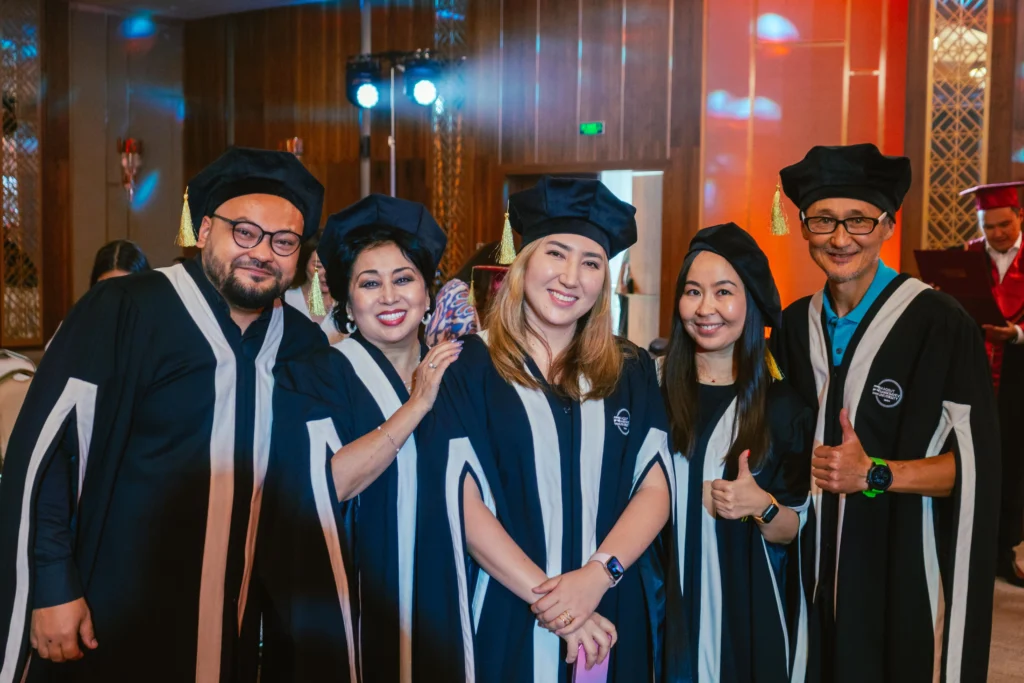
– Many individuals with higher education often face a choice between pursuing a Master’s degree or an MBA. What distinguishes the MBA programme, and how is the domestic market for business education evolving?
– The MBA differs markedly from a traditional Master’s degree in its emphasis on the practical development of experienced professionals and managers. While a Master’s degree typically centres on theoretical knowledge and academic research, the MBA is designed to cultivate managerial competencies, strategic thinking, and leadership skills. It is ideally suited for individuals aiming to enhance their managerial abilities, acquire practical business tools, and advance in their careers or launch entrepreneurial ventures.
What sets the MBA apart is its applied nature. The curriculum is structured around real-life business cases, simulations, group projects, and direct interaction with seasoned industry practitioners. Our faculty is composed not only of academics but also of professionals with extensive hands-on experience in management and consulting—allowing students to learn directly from real-world examples and strategies.
The business education market in Kazakhstan is experiencing dynamic growth and is moving towards a qualitatively higher level. The demand for professional training is steadily increasing, with new specialised programmes and international collaborations emerging. As a result, Kazakhstan now offers programmes that meet international standards, including those with global accreditation and joint diplomas with foreign universities. This evolution signals the sector’s maturity and its readiness to meet contemporary economic demands.
– Which professional backgrounds are most common among students of the MNU Business School, and how many graduates manage to launch their own businesses or advance their careers after completing the programme? How does the School support students in applying their knowledge practically?
– Our Business School primarily attracts professionals from sectors such as finance and banking, oil and gas, IT, government, and small and medium-sized enterprises. Many students come with substantial work experience and a clear intention to upgrade their qualifications, climb the career ladder, or implement their business ideas.
A considerable number of our alumni successfully pursue these goals: some establish startups and new enterprises, while others earn promotions to managerial or executive roles in leading domestic and international companies.
These outcomes are largely attributable to our practice-oriented teaching model. We immerse students in real-world business scenarios, facilitate internships at prominent companies in Kazakhstan and abroad, and provide mentorship from experienced business professionals. This support helps students apply theoretical knowledge to actual professional challenges. We also host regular networking events, seminars, and workshops that foster peer learning and professional growth. As a result, our graduates not only receive a diploma but also gain actionable skills and strategies that deliver measurable career and business impact.
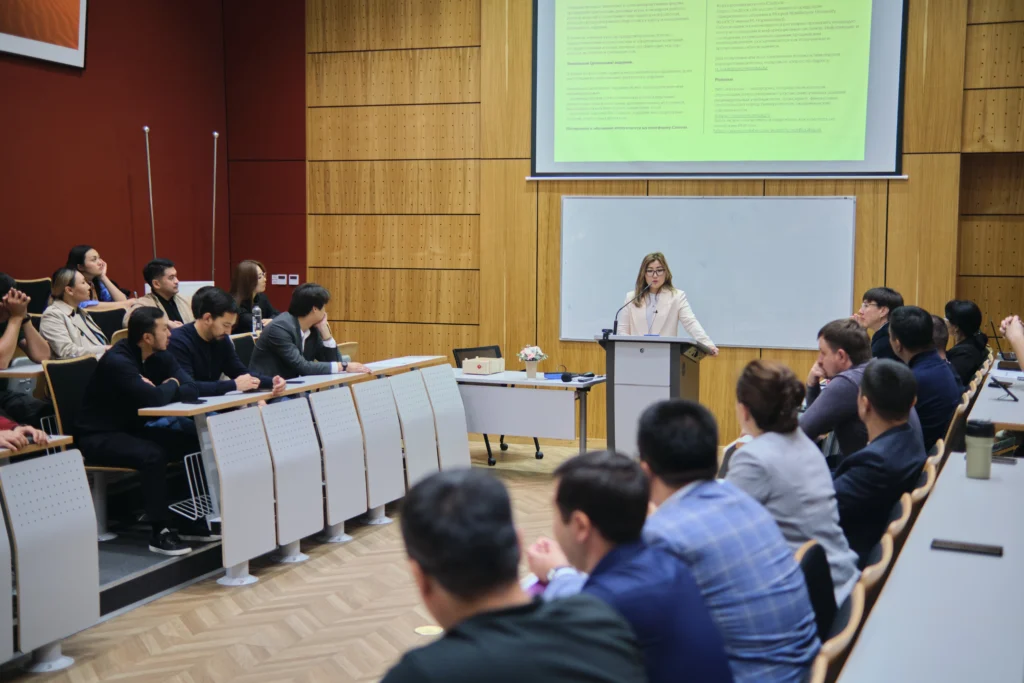
– MNU Business School has introduced Kazakhstan’s first Mini MBA programme conducted in Kazakh. How does this initiative contribute to the promotion of the state language, and what other short-term programmes are currently available?
– The introduction of the first Mini MBA in the Kazakh language marks a significant step in promoting the use of the state language in professional and academic domains. By making business and professional terminology accessible in Kazakh, we encourage its broader application within the business community. This initiative enhances the status of the Kazakh language and contributes to the development of a professional culture among Kazakh-speaking specialists, thereby fostering its acceptance in both business and society at large. Alongside the Mini MBA, we offer a wide range of popular short-term programmes in areas such as digital marketing, financial management, leadership, emotional intelligence, and change management. These programmes are designed to provide participants with practical skills that can be immediately applied in their professional activities.
– Another significant milestone was the signing of a memorandum between Maqsut Narikbayev University and the Johan Cruyff Institute (Spain), introducing Kazakhstan’s first dual-degree MBA programme in sports management. How timely is this initiative, and how is the School expanding its international partnerships?
– This memorandum represents a milestone in the evolution of our Business School. The sports industry is undergoing rapid development, both globally and within Kazakhstan, making specialised education in this field increasingly relevant.
Today, sports is not limited to competitions — it is a multifaceted industry involving the management of sports organisations, the hosting of international events, sponsorships, branding, and marketing. The sector demands skilled professionals who can strategically manage and globally promote sports enterprises, attract investments, and build recognisable brands.
The dual-degree MBA in sports management will provide students with cutting-edge knowledge and international expertise through a curriculum developed in collaboration with a globally respected institution. Graduates will receive an internationally recognised diploma, significantly enhancing their professional credibility and employability.
Expanding international collaboration remains a strategic priority for our School. We continue to build partnerships with leading global universities and business schools, enabling us to incorporate international best practices into our curricula and offer our students access to diverse knowledge and global perspectives. These partnerships are vital for keeping pace with educational innovation and supporting the professional and personal growth of our students.
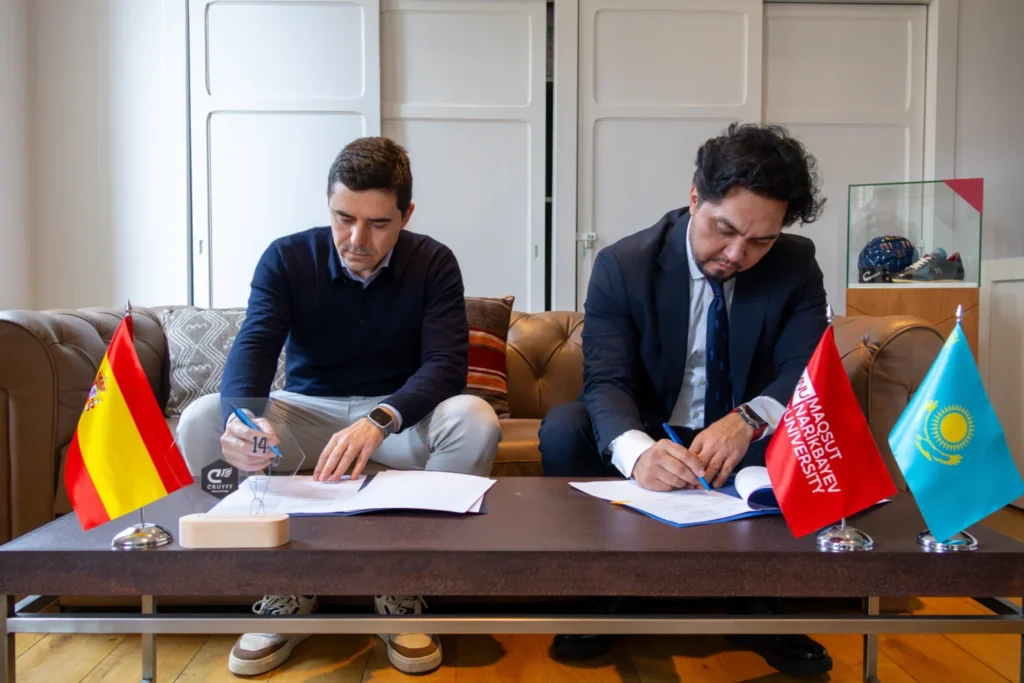
– With the growing importance of artificial intelligence, there are discussions about integrating AI into MNU’s undergraduate programmes. Is the Business School planning similar developments, and what teaching methods are currently in use?
– Indeed, the rising prominence of artificial intelligence (AI) is reshaping education worldwide, and our Business School is actively adapting to these trends. We recognise the importance of incorporating advanced digital tools, including AI, into the training of future managers and entrepreneurs.
We are currently integrating AI-related content and tools into our programmes to enhance their practical relevance and develop students’ analytical and decision-making skills. This includes not only familiarising students with AI applications but also equipping them to harness these technologies for strategic planning, operational optimisation, and competitive innovation.
Our teaching methodology incorporates real-life business cases that showcase AI-driven solutions across industries. We utilise interactive approaches such as business simulations, role-playing exercises, and project-based learning to provide hands-on experience. Faculty members also employ digital platforms, data analysis tools, and AI applications to facilitate practical learning and ensure students acquire competencies aligned with modern market demands.
By embedding AI into our curriculum, we aim to maintain our leadership in educational innovation and ensure our graduates possess the digital fluency required in today’s economy.
– This year, MNU Business School has produced approximately 40 graduates. Could you share the School’s key priorities and strategic directions for the upcoming academic year?
– For the upcoming academic year, Maqsut Narikbayev University Business School has set ambitious goals aimed at consolidating our position as a leading centre of business education in Kazakhstan and Central Asia. Our foremost priority is to broaden the scope of our academic offerings, with a particular focus on emerging fields such as digital transformation, data analytics, and business management supported by artificial intelligence.
We will also continue expanding our international collaborations, partnering with top global universities and business schools to integrate world-class practices and foster global knowledge exchange. A notable development will be the launch of our dual-degree MBA in sports management in partnership with the Johan Cruyff Institute, along with the further expansion of our Kazakh-language programmes, supporting our commitment to national professional development.
We are also focused on enhancing the educational experience by integrating digital tools and progressive teaching methodologies, including business simulations, project-based learning, and case-based instruction. Additionally, we plan to strengthen our alumni network and career services to support graduates in securing employment, advancing their careers, or launching entrepreneurial ventures.
Through these initiatives, MNU Business School will continue to raise the quality of education, develop in-demand professionals, and contribute meaningfully to the region’s economic and business landscape.
– Thank you for the insightful conversation!
